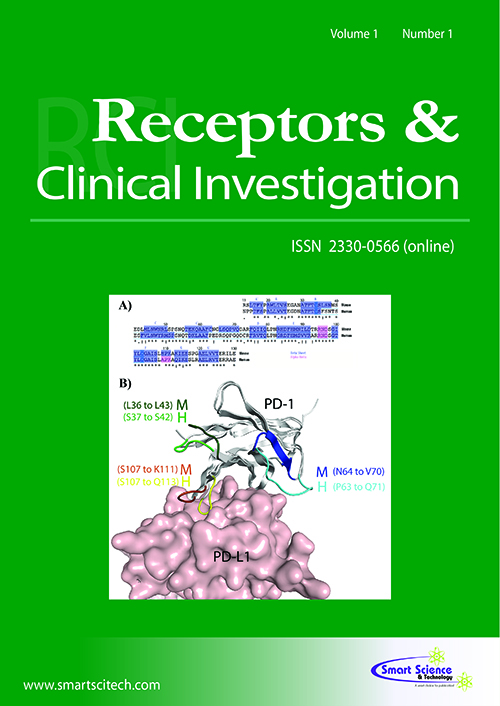Estrogen receptor-dependent modulation of dendritic cell biology of mice and women
Abstract
Autoimmune and infectious diseases differentially affect women from men. Women tend to develop stronger immune responses and thus in general men are more susceptible to infectious diseases whereas women are more likely to develop autoimmune diseases. These differences could be in part attributable to the pro-inflammatory role of the female sex hormone estrogen on immunity and particularly on dendritic cells (DCs), a key subset of innate immune cells. For several years now, we have undertaken studies to understand how estrogens influence the biology of murine and human DCs. We and others have demonstrated that estradiol (E2) was required for the optimal in vitro differentiation of murine DCs and acquisition of their effector functions. These effects on DC biology were dependent on the activation of the estrogen receptor a (ERa). More recently, we focused our interest on plasmacytoid dendritic cells (pDCs). Indeed, this subset that produces large amounts of IFN-a/b in response to viral or endogenous nucleic acids through activation of their TLR-7 and TLR-9 show gender differences with enhanced IFN-a production by pDCs from women, compared to men. We could establish, in Human and in mice, that in vivo treatment with E2 enhanced the TLR-dependent production of IFNa by pDCs. In mice, we demonstrated that the amplifying effect of endogenous and exogenous estrogens is dependent on the intrinsic activation of ER? by hormone in the pDCs. To further characterize the mechanisms underlying this sex-based difference in pDC innate functions, we investigated the respective contribution of X chromosome dosage versus sex hormones using a humanized mouse model in which male or female NOD-SCID-ß2m-/- mice were transplanted with human progenitor cells (HPCs) purified from either male (XY) or female (XX) donors. We could show that cell-intrinsic ER-signaling and X chromosome complement both independently contribute to the enhanced TLR-7-mediated response of pDCs in women, which may account for the sex-based differences in autoimmune and infectious diseases. Altogether, our work demonstrates that estrogen-mediated activation of ER signaling is a key regulator of DC biology both in Human and in mouse.











